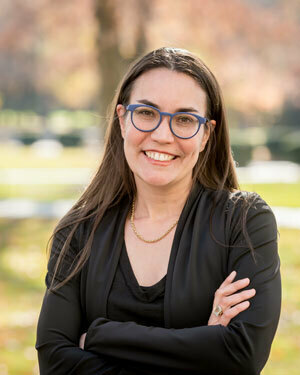
Susanne Wengle, PhD
University of Notre Dame
Associate professor
Expertise:
Political Science
I am an associate professor of Political Science at the University of Notre Dame, with a Ph.D. from the University of California Berkeley. I am also concurrent faculty at the Keough School for Global Affairs. Before joining Notre Dame’s faculty, I was a post-doc at the University of Chicago. My research examines Russia’s post-Soviet political and economic transformation and engages with questions about how we study market creation in this context and beyond. My projects have been supported through research funding from Notre Dame and various external funding sources, including the Swiss National Science Foundation, the European Commission/Marie-Curie Actions, the Neubauer Collegium for Culture and Society, the Swedish Collegium for Advanced Studies and the Ostersjostiftelsen. Susanne Wengle is the author of two books: Post-Soviet Power and Black Earth, White Bread; and editor of Russian Politics Today.
No Research/Citations

Notre Dame expert discusses effects of war in Ukraine on agriculture, trade
Susanne Wengle has been following the effects of the war on Ukrainian agriculture, the products of which account for roughly 40 percent of the country’s export earnings.
09-Feb-2023 02:45:20 PM EST
‚ÄúThe Black Sea Grain Initiative is also known as the Grain Corridor. It was a really important agreement. It was actually the only thing that the two parties agreed on all of last year. Unfortunately, it was also limited, so it only allowed for some of Ukraine‚Äôs grain to leave Ukrainian ports and it was limited to 120 days. The parties ended up agreeing to a second agreement again lasting for another 120 days which will come to an end soon. So, a lot of this is quite uncertain,‚ÄĚ Wengle said.
-